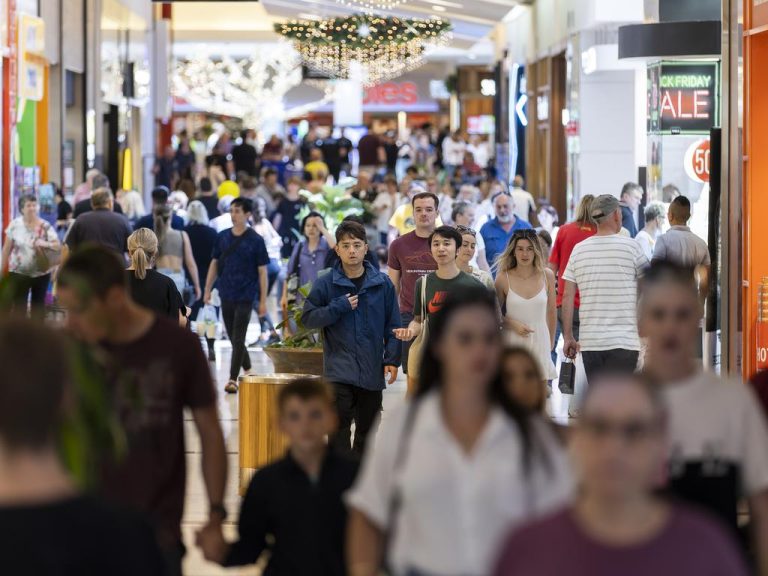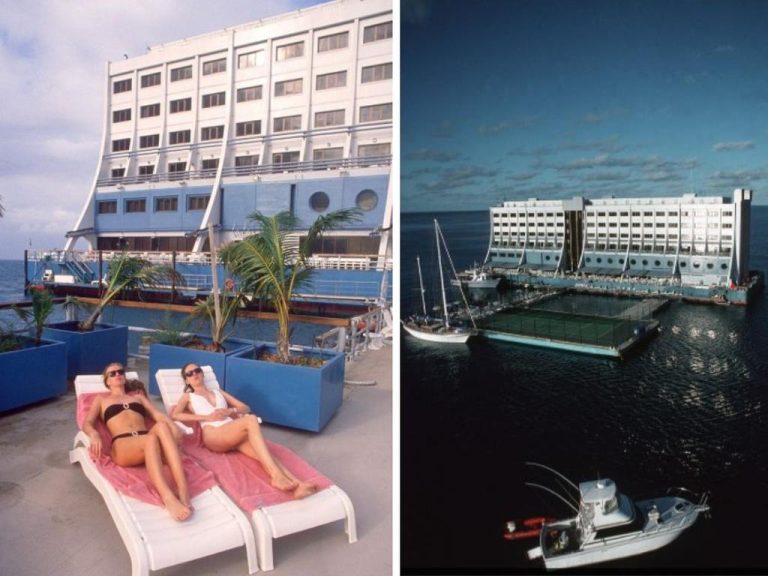Melbourne-based JY Group is looking to acquire a $200m stake in Westfield Whitford City
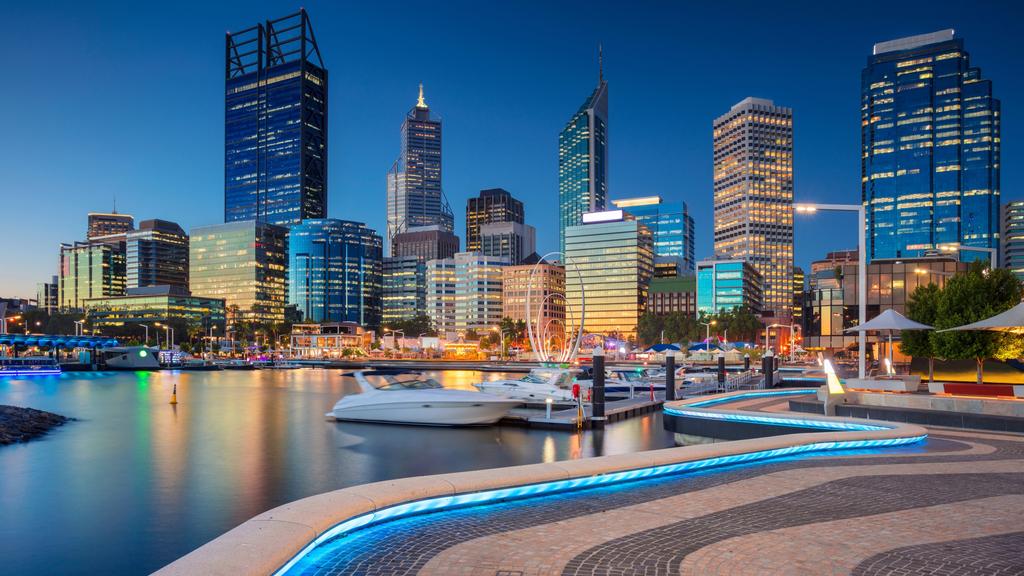
The transactions will drive the next round of large sales and bring more national operators to Perth and beyond.
The resources-rich state of Western Australia has emerged at the epicentre of a retail property boom with investment players from around the country joining the hunt for key shopping centre assets.
Around $1.2bn worth of retail property has already traded since the start of 2023 and a similar quantum is in play as more properties are hitting the block.
WA is offering a haven for investors seeking to dodge both an economic slowdown and to capitalise on its tight supply of space.
A series of transactions are in play that will drive the next round of large sales and bring more national operators into the state.
In one of the largest plays, Melbourne-based JY Group is looking to acquire a half stake in Westfield Whitford City in Perth for about $200m.
The deal is a rare trade of an interest in a Westfield-managed centre and it will see a new player emerge in the city’s retail scene, with other managers already circling fresh offers.
These include the Queensland-based QIC putting its half interest in Perth’s Claremont Quarter on the block, with heavy bidding expected for the $200m-plus stake in the luxury-orientated centre.
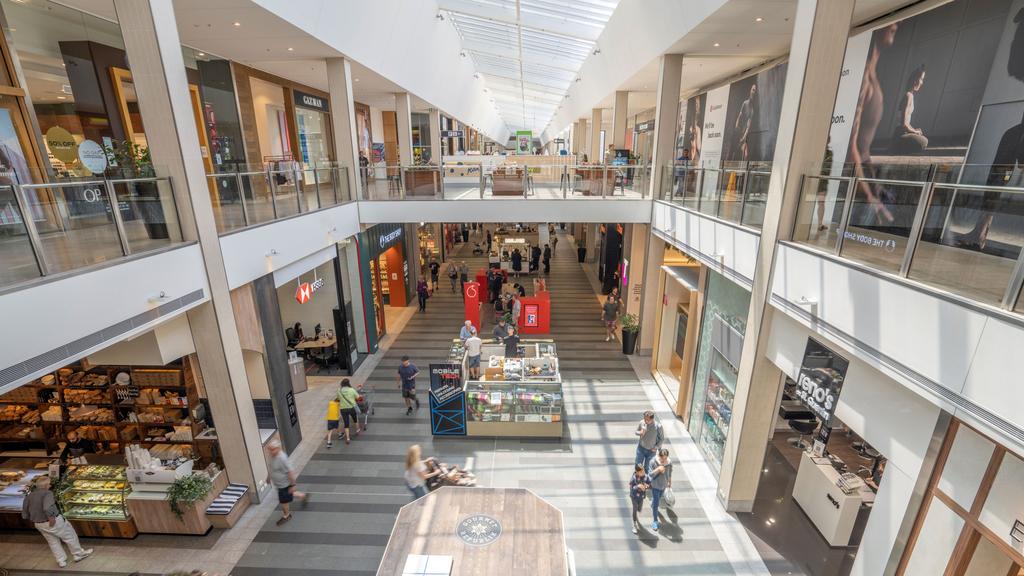
QIC Real Estate is looking to sell its holding in Claremont Quarter in Perth.
The big drawcard is the state’s economy which is allowing Perth to outstrip rival cities and the high consumer spending as the state’s discretionary spending is not weighed down by hefty mortgages.
At the same time, WA homeowners are benefiting from the recent steep takeoff in the residential property market, which is providing a wealth effect and giving consumers more confidence.
The supply dynamic has also shifted in favour of landlords as the market has soaked up the dramatic increase in floorspace that large listed developers undertook in the lead up to the pandemic. By contrast, there are now very few retail expansion projects in prospect and owners are turning to mixed use developments.
Singapore’s GIC put its stake in Westfield Whitford City on the block last year and is now benefiting from the surge in liquidity at the top end of the shopping centre market.
Large complexes are trading more rapidly, partly as vendors accept that values have fallen, mainly due to the impact of higher rates, which has made borrowing tougher. But they are also being met by a wave of buying from syndicators keen to get in before large institutions march back into the market.
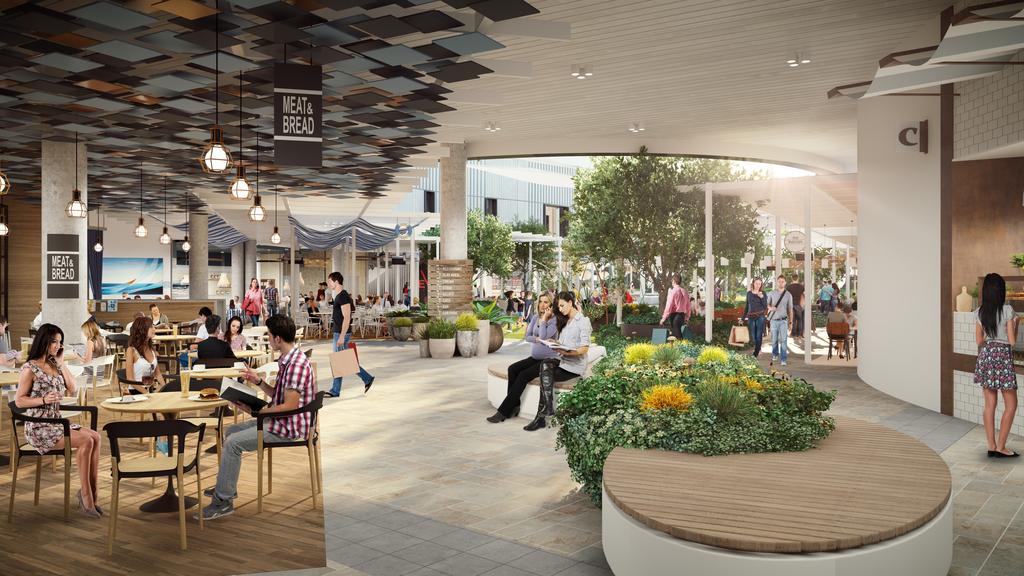
An artist impression of the outdoor dining and entertainment precinct at Westfield Whitford City.
Big managers are already waking up to the shift, with the listed Vicinity Centres making a $420m play for a stake in the massive Lakeside Joondalup Shopping City.
GIC’s sale of its Westfield Whitford City holding continues its realignment of its local real estate holdings, as it shifts away from retail properties and invests more in other sectors. In 2021, it sold a half-stake in three Sydney CBD shopping malls to Hong Kong-based real estate investment trust Link REIT in a deal worth $538.2m, and it has since sold out of Chatswood Chase in Sydney.
Westfield Whitford City is a strongly performing super subregional anchored by Coles, Woolworths and Aldi supermarkets, a new Kmart and a Big W discount department store. The 88,880sq m complex is on a prime 23.5ha site and JY Group is expected to work with Westfield’s owner, Scentre Group, on capitalising on value-add and mixed-use development plays.
There is already approval for 87 apartments and an office block.
Asian-backed JY Group has built up a $2bn-plus empire of retail property across Sydney, Melbourne and Wollongong, and is an experienced co-owner in the shopping centre industry. Scentre would remain as half-owner and manager of Westfield Whitford City but the parties and agent Lachlan MacGillivray of Colliers declined to comment.
WA has been the home for large shopping centre deals. They include the sale of a half interest in Rockingham Shopping Centre to IP Generation for $180m and Fawkner Property and HK-based PAG swooping on Midland Gate for $465m.
Fawkner Property also bought Karratha City for $95.9m, while Maddington Central was sold to Realside Property for $107m. Other sales include Greenpool Capital snapping up Dianella Plaza for $76.25m and a Centuria fund buying Halls Head Central for $70m.
Now attention is turning towards the sale of QIC’s stake in Claremont Quarter, which it co-owns with private group Hawaiian. The centre is in one of Perth’s most desirable areas, just 9km from the city’s CBD and a process is set to launch.
QIC Real Estate confirmed it was investigating the potential divestment of its 50 per cent holding in Claremont Quarter in Perth. “The potential divestment is in line with client endorsed strategies for the funds,” a QIC spokesman said.
Anchored by David Jones, it houses a range of leading retailers, with top Australian brands and designers such as T2, Zimmermann and Sass & Bide alongside iconic international luxury lifestyle brands including Chanel and Georg Jensen.
The 30,000sq m centre also counts Coles, Farmer Jacks and Country Road as tenants. The complex’s restaurant precinct is being redeveloped and will open later this year.
CBRE’s Simon Rooney and McVay Real Estate’s Sam McVay have been jointly appointed to steer the sale process amid heightened interest in the state’s shopping centres.
“Claremont Quarter will be competitively contested by a wide range of domestic and offshore groups, given the centre’s standing within the surrounding retail hierarchy, turnover performance, robust investment fundamentals, secure tenancy profile and strategic location within one of Perth’s most affluent catchments,” Mr Rooney said.
Mr McVay noted that the centre was set to benefit from the recently commenced Claremont Quarter Laneway project which marked a significant milestone for the asset.
“Once complete, the reimagined Laneway will deliver an engaging dining precinct with elevated food and beverage offerings. This is in line with the Town of Claremont’s broader vision for the area and will strengthen the suburb’s position as a destination for shopping, restaurants, bars, night-life attractions and community events,” he said.
The CBRE team are bullish about the state’s prospects.
Mr Rooney said the WA retail market has strong fundamentals benefiting from population growth, booming commodity prices, strong residential value growth, disposable income above the national average and a relatively affordable cost of living.
He added there were limited opportunities to add supply, particularly as the labour market remains tight.
“Pricing for real estate in Perth is also attractive in an Australian context. We expect investment activity will remain elevated with multiple large retail assets currently in play, in what traditionally has been one of the more tightly held markets in Australia,” Mr Rooney said.

